BY DEFENCE JOURNALIST SAHIL | T.I.N. NETWORK
Gujranwala Erupts: Locals, Extremists Resist Mosque Demolitions Amid Crackdown on ‘Illegal Structures’
Gujranwala, Pakistan:
What began as a routine municipal demolition drive in Gujranwala has spiralled into a full-blown confrontation between local residents, religious hardliners, and the Pakistani government. On Sunday morning, locals physically blocked a bulldozer deployed by the city administration to demolish a mosque allegedly built without legal approval. Eyewitnesses reported that dozens of men and women formed a human chain in front of the machine, chanting religious slogans and confronting police officers.
The incident comes amid an ongoing government campaign to remove what authorities describe as “illegal religious structures” constructed on public land or without requisite planning permission. In recent weeks, several mosques in other parts of Punjab, Sindh, and Khyber Pakhtunkhwa have already been demolished, sparking resentment in conservative quarters and prompting accusations of anti-Islamic intent.
From Civic Enforcement to Religious Flashpoint
Officials from the Gujranwala Municipal Corporation claim the mosque in question had been built on encroached government property and that the demolition was carried out under legal orders. “This is not about religion, it is about law and order,” a local government representative told reporters, stressing that similar action had been taken against shops, houses, and commercial establishments built without authorisation.
However, the timing and target of the operation have struck a raw nerve in Pakistan’s religiously sensitive environment. Clerics from the area arrived at the scene, addressing the gathered crowd through loudspeakers and warning the government against “testing the patience of the faithful.”
Extremist Groups Seize the Moment
What has alarmed security analysts is the speed with which Pakistan-based banned terror outfits and extremist organisations have jumped into the fray. Within hours of the Gujranwala standoff, social media handles linked to groups like Lashkar-e-Taiba (LeT) and Jaish-e-Mohammed (JeM) began circulating videos calling on “mujahideens to rise against the tyrannical government.” Several notorious clerics, some under international sanctions, were seen on video openly urging followers to “defend the House of Allah with their lives.”
Intelligence sources, speaking on condition of anonymity, told T.I.N. Network that this sudden alignment of local grievances with extremist propaganda could be an intentional ploy to provoke unrest. “It is a textbook tactic — use a religious flashpoint to rally crowds, mask political motives, and undermine government authority,” said one senior counterterrorism officer.
A Troubled History of Mosque Demolitions in Pakistan
Pakistan’s municipal authorities have a long and controversial history of demolishing mosques built without approval — but enforcement has often been selective. In urban development projects like Lahore’s Orange Line Metro or Karachi’s Lyari Expressway, several mosques were relocated or torn down after negotiation with clerics. However, in politically volatile regions, authorities have frequently avoided such confrontations for fear of backlash.
The current wave of demolitions appears to be part of a larger urban planning initiative tied to Prime Minister Shehbaz Sharif’s “Clean and Clear Cities” campaign, which seeks to reclaim public spaces from encroachment. But critics argue that targeting mosques — however illegal their construction — without extensive community engagement risks turning administrative action into religious conflict.
Potential for Escalation
The Gujranwala episode has already begun drawing sympathisers from neighbouring districts. Local law enforcement has requested reinforcements, and police checkpoints have been set up to prevent outsiders from joining the protests. Yet, in an era of instant communication, the videos, photos, and fiery speeches are already spreading beyond the reach of physical barriers.
Defence analysts warn that if extremist outfits succeed in framing this as a “war against Islam,” Pakistan could see a fresh wave of sectarian violence — at a time when its economy is teetering and its internal security forces are stretched thin dealing with terrorism in Khyber Pakhtunkhwa and Balochistan.
Government Response and Challenges Ahead
So far, the Pakistani government has remained firm in its stance, reiterating that “illegal structures will not be tolerated.” However, senior ministers have avoided directly addressing the involvement of banned groups in the agitation — a silence that some interpret as political caution, given the potential for unrest in Punjab, Pakistan’s political heartland.
Security experts believe Islamabad faces a crucial choice: either double down on enforcement and risk inflaming religious sentiment, or back down and risk signalling weakness to both extremists and encroachers. Either path carries significant political and security risks.
गुजरांवाला में मस्जिद तोड़ने पर बवाल: स्थानीय लोग और कट्टरपंथी संगठनों का विरोध, ‘मुजाहिदीन’ को सरकार के खिलाफ भड़काया
गुजरांवाला, पाकिस्तान:
पाकिस्तान के गुजरांवाला शहर में रविवार सुबह एक मस्जिद तोड़ने की कार्रवाई ने प्रशासन और आम लोगों के बीच सीधा टकराव पैदा कर दिया। नगरपालिका के बुलडोज़र को रोकने के लिए स्थानीय लोगों ने सड़कों पर उतरकर रास्ता घेर लिया और धार्मिक नारे लगाते हुए पुलिस का सामना किया। यह मस्जिद कथित रूप से सरकारी ज़मीन पर अवैध रूप से बनाई गई थी, जिसे गिराने के लिए प्रशासनिक टीम पहुंची थी।
नागरिक कार्रवाई से धार्मिक टकराव तक
गुजरांवाला नगर निगम के अधिकारियों का कहना है कि यह कार्रवाई पूरी तरह कानूनी आदेशों के तहत की जा रही थी और किसी विशेष धर्म को निशाना बनाने का कोई इरादा नहीं था। अधिकारी बताते हैं कि अवैध निर्माण गिराने की इस मुहिम में दुकानें, मकान और अन्य संरचनाएं भी शामिल हैं।
लेकिन पाकिस्तान के संवेदनशील धार्मिक माहौल में मस्जिद को लेकर कार्रवाई ने मामले को बेहद संवेदनशील बना दिया है। मौके पर पहुंचे स्थानीय मौलानाओं ने लाउडस्पीकर के जरिए भीड़ को संबोधित किया और चेतावनी दी कि सरकार “ईमान वालों के सब्र की परीक्षा” न ले।
कट्टरपंथी संगठनों की एंट्री
इस पूरे मामले ने सुरक्षा एजेंसियों को सबसे ज्यादा इसलिए चिंतित किया है क्योंकि पाकिस्तान के प्रतिबंधित आतंकी संगठन और कट्टरपंथी नेता तुरंत सक्रिय हो गए। लश्कर-ए-तैयबा और जैश-ए-मोहम्मद जैसे संगठनों से जुड़े सोशल मीडिया अकाउंट्स पर कुछ ही घंटों में वीडियो साझा होने लगे, जिनमें “मुजाहिदीन” से अपील की जा रही है कि वे “जुल्मी हुकूमत” के खिलाफ उठ खड़े हों।
कई कुख्यात मौलाना, जो अंतरराष्ट्रीय पाबंदियों के तहत हैं, खुलेआम बयान देकर अपने अनुयायियों को मस्जिद की रक्षा के लिए जान देने को तैयार रहने के लिए उकसा रहे हैं। खुफिया सूत्रों के अनुसार, यह सब एक योजनाबद्ध तरीके से हो रहा है ताकि धार्मिक मुद्दे को भड़का कर भीड़ इकट्ठी की जा सके और सरकार की ताकत को चुनौती दी जा सके।
पाकिस्तान में मस्जिद तोड़ने के विवाद का इतिहास
पाकिस्तान में नगरपालिका द्वारा अवैध मस्जिदों को तोड़ने की कार्रवाई कोई नई बात नहीं है, लेकिन यह अक्सर विवादों में रही है। लाहौर मेट्रो और कराची की लियारी एक्सप्रेसवे जैसी परियोजनाओं के दौरान मस्जिदों को तोड़ा या स्थानांतरित किया गया था, लेकिन यह सब मौलानाओं के साथ बातचीत के बाद हुआ।
वर्तमान में प्रधानमंत्री शाहबाज़ शरीफ़ के “क्लीन एंड क्लियर सिटीज़” अभियान के तहत सार्वजनिक जगहों से अतिक्रमण हटाने की कार्रवाई तेज हुई है। हालांकि, आलोचकों का कहना है कि बिना व्यापक बातचीत के मस्जिदों को निशाना बनाना प्रशासनिक कार्रवाई को धार्मिक संघर्ष में बदल सकता है।
भविष्य में हिंसा की आशंका
गुजरांवाला की घटना के बाद पड़ोसी जिलों से भी लोग समर्थन में आना शुरू हो गए हैं। पुलिस ने बाहरी लोगों के प्रवेश को रोकने के लिए चेकपोस्ट लगा दी हैं, लेकिन सोशल मीडिया पर फैल रहे वीडियो और भाषण सीमाओं से परे जा चुके हैं।
रक्षा विशेषज्ञ चेतावनी दे रहे हैं कि अगर कट्टरपंथी संगठनों ने इस मुद्दे को “इस्लाम पर हमला” के रूप में पेश कर दिया, तो पाकिस्तान एक बार फिर सांप्रदायिक हिंसा की चपेट में आ सकता है — उस समय जब देश की अर्थव्यवस्था संकट में है और सुरक्षा बल पहले से ही आतंकवाद से जूझ रहे हैं।
सरकार के सामने दोहरी चुनौती
सरकार अब तक अपने रुख पर अड़ी हुई है और कह रही है कि “अवैध निर्माण किसी भी कीमत पर बर्दाश्त नहीं किए जाएंगे।” लेकिन मंत्रियों ने प्रतिबंधित संगठनों की भागीदारी पर सीधी टिप्पणी से परहेज किया है, जो राजनीतिक सतर्कता का संकेत माना जा रहा है।
विशेषज्ञों का मानना है कि इस्लामाबाद के सामने कठिन फैसला है — या तो सख्ती से कार्रवाई जारी रखे और धार्मिक भावनाओं को भड़काने का जोखिम उठाए, या पीछे हटे और अतिक्रमणकारियों व कट्टरपंथियों को कमजोरी का संदेश दे। दोनों ही रास्ते खतरनाक हैं।


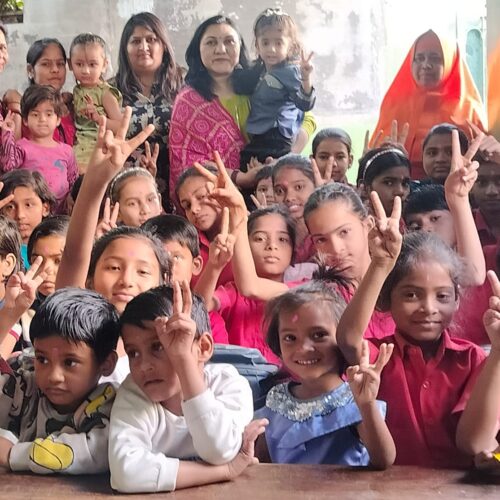

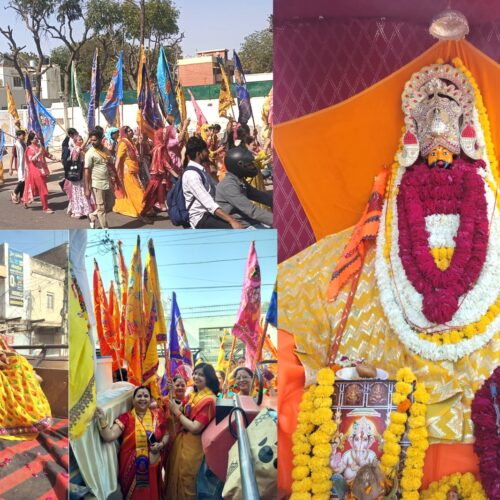
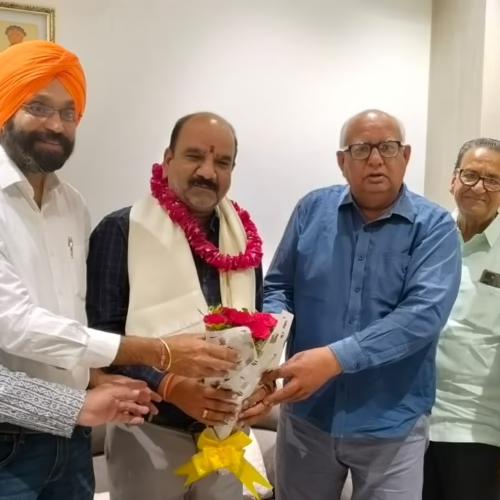
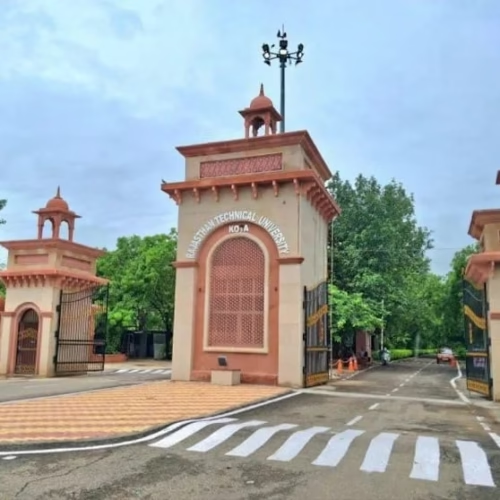
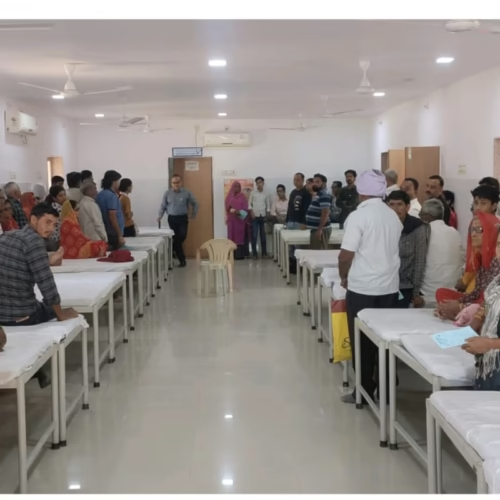
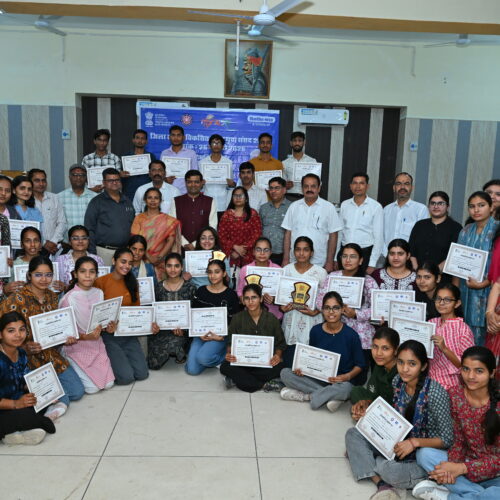
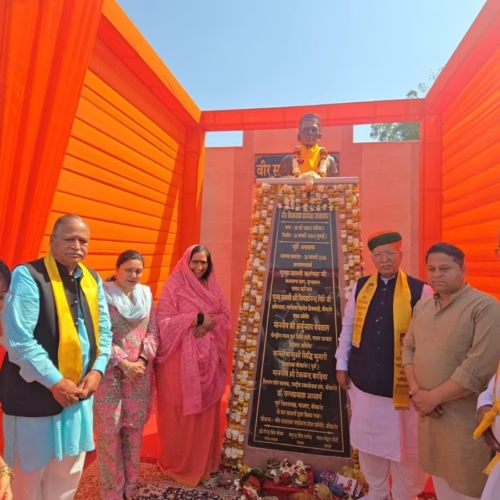





Add Comment